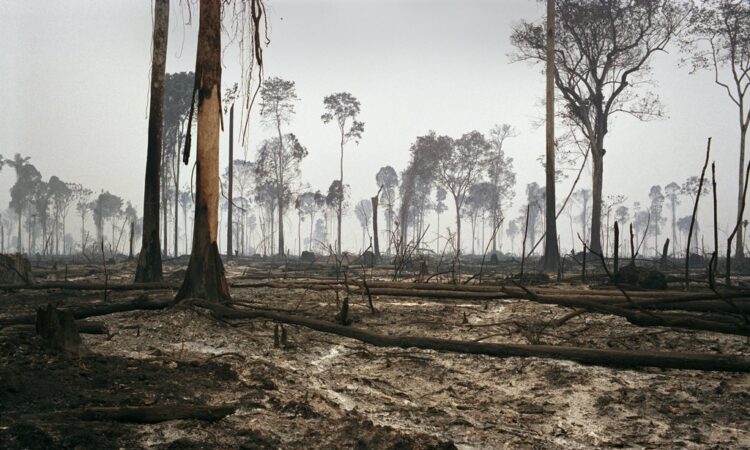
And the European Commission will soon have to figure out what
to do about this.
Under the terms of the EUDR,
the European Commission has committed [2]
to undertake an impact assessment to evaluate the role of financial
institutions in preventing financial flows that contribute directly or
indirectly to deforestation and forest degradation by no later than June 30th,
2025.
The EUDR obliges operators and traders putting commodities
like soy, beef, palm oil, wood, cocoa, coffee, rubber, and some of their
derived products, such as leather, chocolate, tyres, or furniture onto the EU market
to undertake rigorous checks and be able to prove that those products do not
originate from deforested land or have contributed to forest degradation after
31 December 2020. Operators and traders will also have to demonstrate that their
operations are in compliance with local environmental and human rights laws. [3]
Global Witness has been at the forefront of investigating
the drivers of deforestation and its impact on local communities and indigenous
groups for many years. We have been exposing the role of the livestock industry
in destroying swathes of the Amazon
rainforest and the Grand
Chaco for beef exported into the EU, China and US; how the palm oil
industry originating from Papua
New Guinea was involved in human rights abuses and selling to world famous
brands; or how European rubber imports have driven the destruction of
climate-critical forests in West and
Central Africa. What is also apparent is the role of the financial sector
in supporting the wider deforestation activities of these companies, many of
them being EU-based
iconic banks and investors.
In the run up to the adoption of the EUDR, the European
Parliament, businesses,
NGOs,
and parts
of the financial sector itself urged the European Commission and Member
States to also expand obligations to banks and investors. The planned review of
the financial sector’s role in deforestation is a crucial
opportunity to close the loophole,
and push the EU towards a financial market that stops investing in forest
destruction.
The evidence is clear: voluntary guidelines and individual
committments by financial institutions will not be enough to stop banks funding
deforestation. It is time for the EU to put an end to this for good.
[1] In
some cases, the timeframe goes back to 2013.
[2] EUDR, Chapter 8, Review
– Article 34, paragraph 4.
[3] EUDR, Chapter
1, Article 3, point b. See definition of ‘relevant legislation of the country
of production’ in Article 2, point 40.





